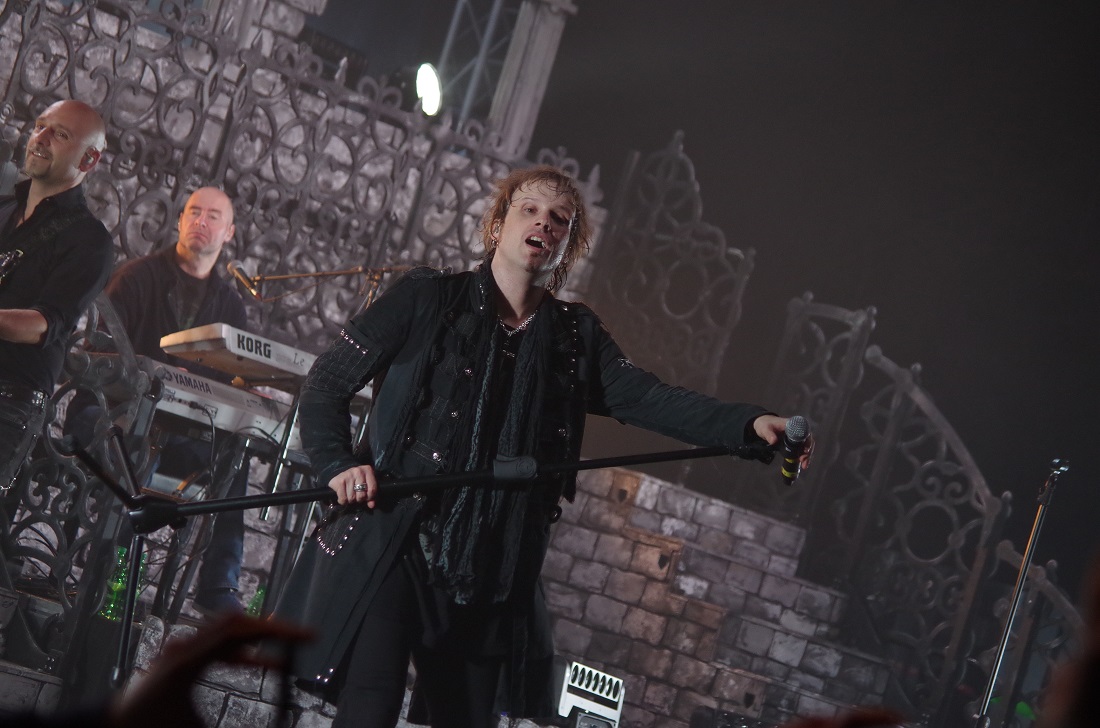


All of these forms descend from the Proto-Germanic masculine noun * walaz. Valr has cognates in other Germanic languages such as Old English wæl 'the slain, slaughter, carnage', Old Saxon wal-dād 'murder', Old High German 'battlefield, blood bath'. The form " Valhalla" comes from an attempt to clarify the grammatical gender of the word. The Modern English noun Valhalla derives from Old Norse Valhǫll, a compound noun composed of two elements: the masculine noun valr 'the slain' and the feminine noun hǫll 'hall'. The name is rendered in modern Scandinavian languages as Valhöll in Icelandic, while the Swedish and Norwegian form is Valhall, in Faroese it is Valhøll, and in Danish it is Valhal. Valhalla inspired innumerable works of art, publication titles, and elements of popular culture, and is synonymous with a martial (or otherwise) hall of the chosen dead. Valhalla is attested in the Poetic Edda, compiled in the 13th century from earlier traditional sources, in the Prose Edda (written in the 13th century by Snorri Sturluson), in Heimskringla (also written in the 13th century by Snorri Sturluson), and in stanzas of an anonymous 10th century poem commemorating the death of Eric Bloodaxe known as Eiríksmál as compiled in Fagrskinna. The masses of those killed in combat (known as the Einherjar) along with various legendary Germanic heroes and kings, live in Valhalla until Ragnarök when they will march out of its many doors to fight in aid of Odin against the jötnar. Half of those who die in combat enter Valhalla, while the other half are chosen by the goddess Freyja to reside in Fólkvangr. It is described as a majestic hall located in Asgard and presided over by the god Odin. In Norse mythology Valhalla ( / v æ l ˈ h æ l ə, v ɑː l ˈ h ɑː l ə/ ) is the anglicised name for Old Norse: Valhǫll ("hall of the slain").


 0 kommentar(er)
0 kommentar(er)
